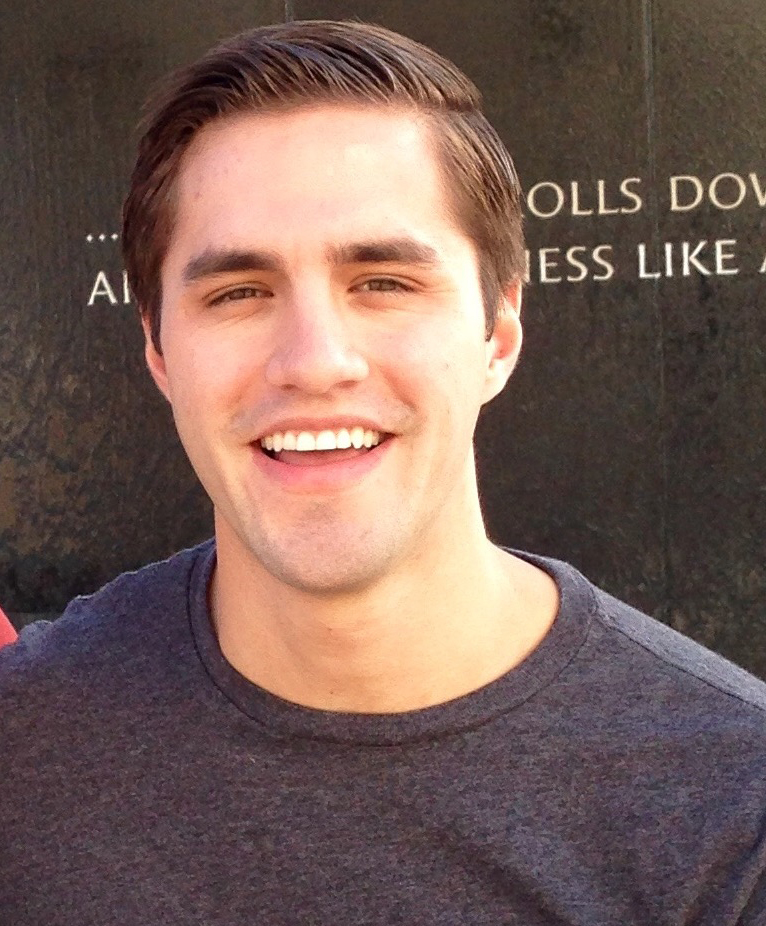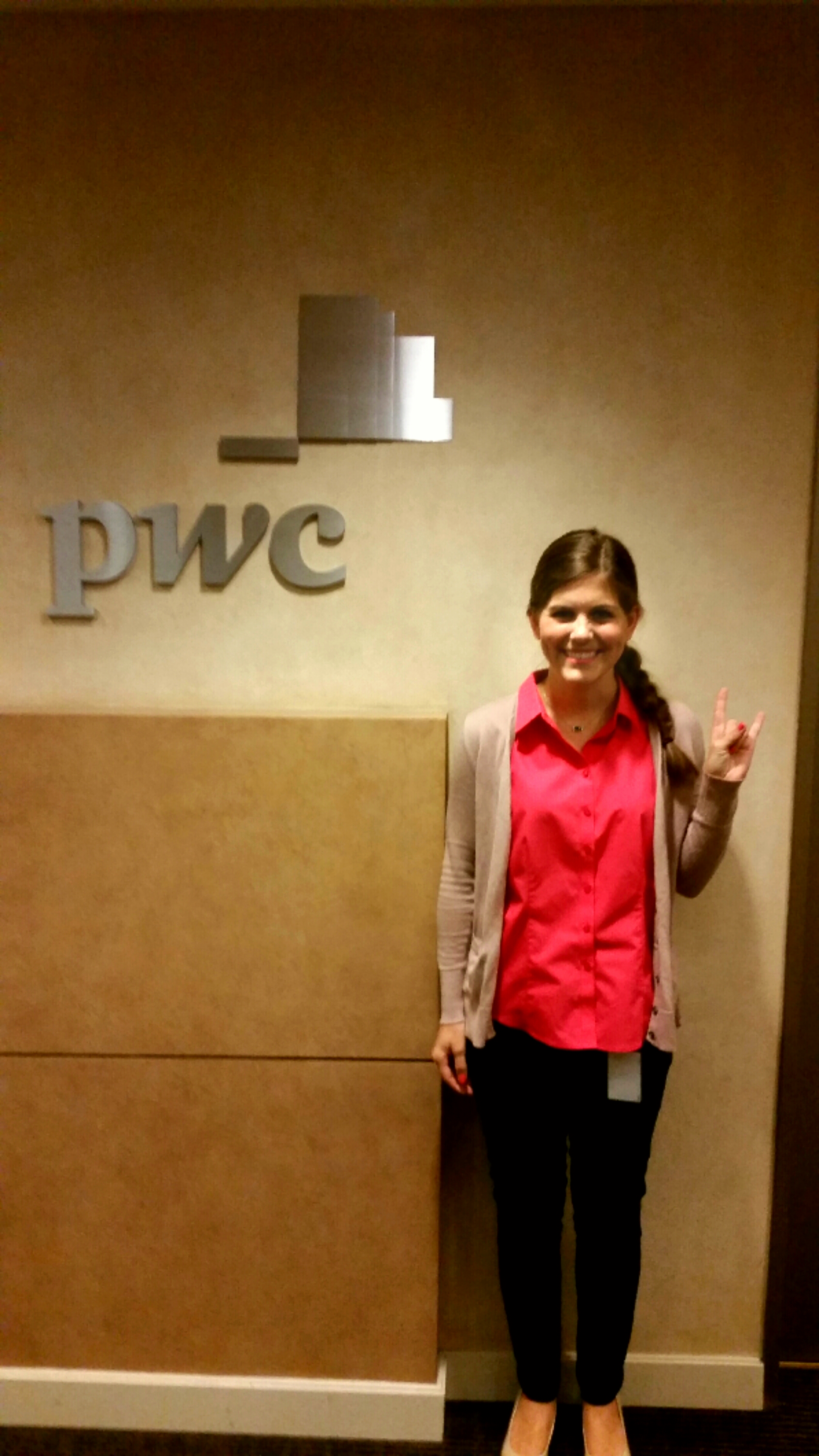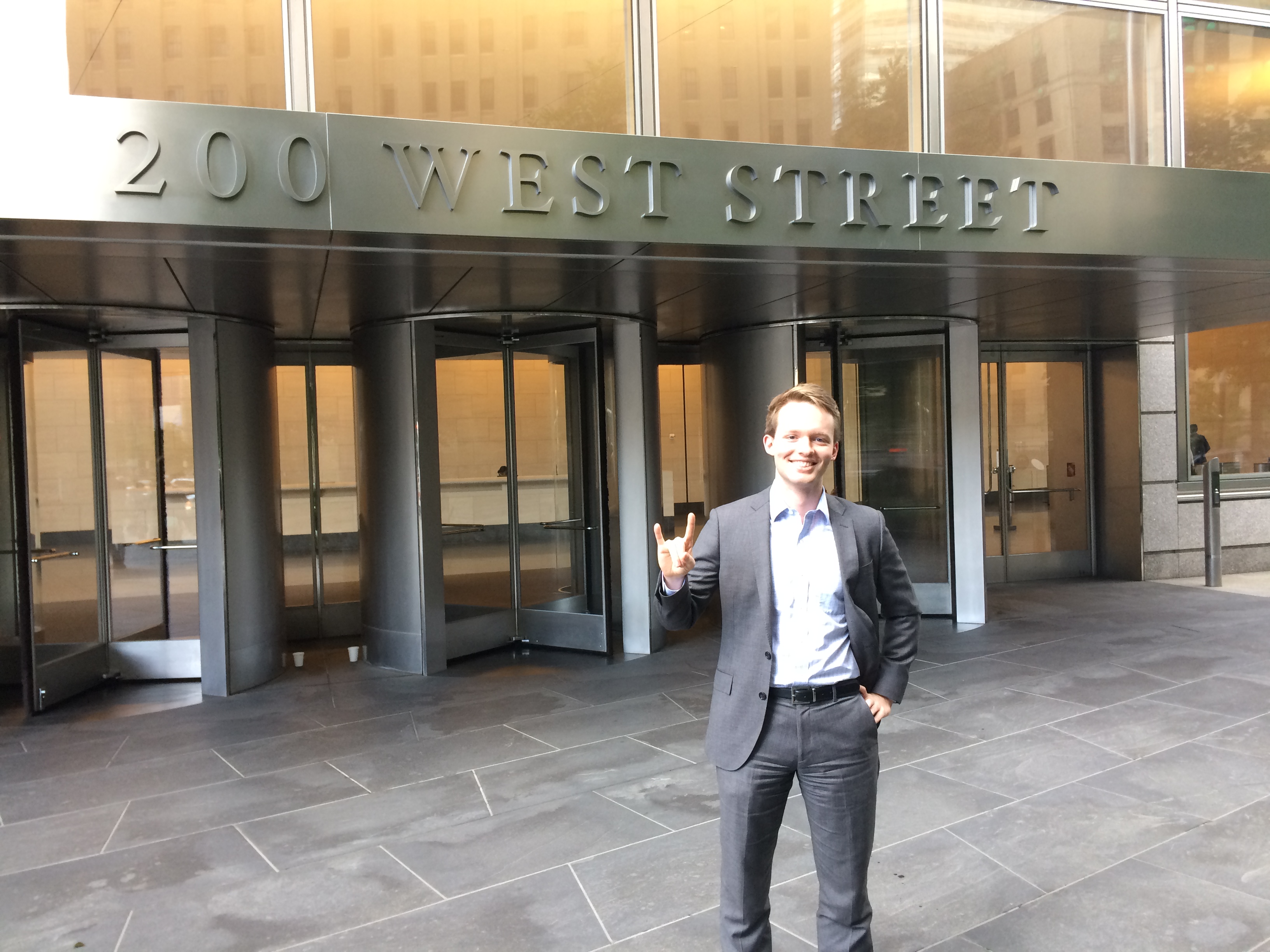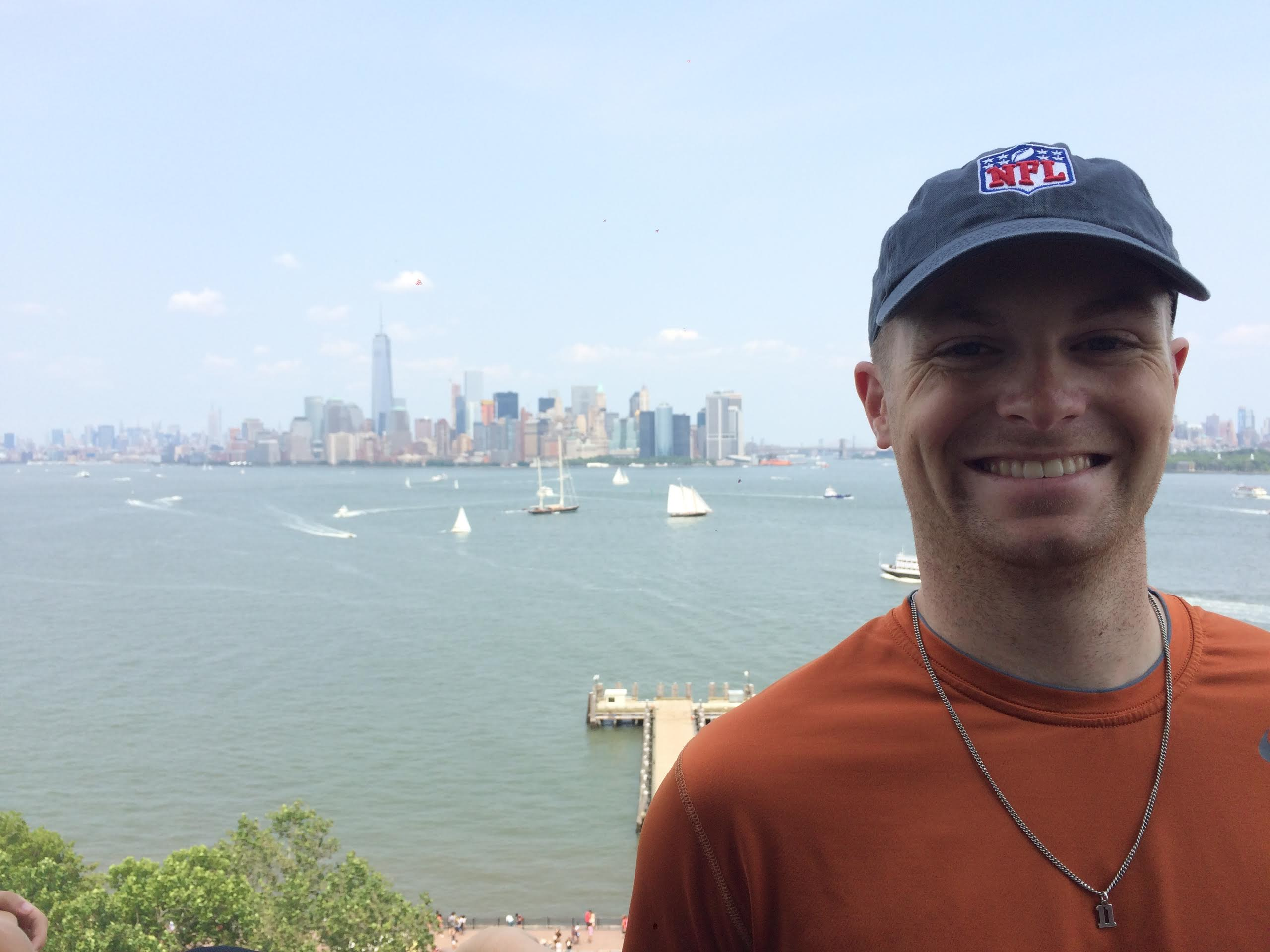Wes Brown graduated from UT in 2011 with degrees in Business Honors and Chemistry. Since graduating, he has been pursuing an MD from Harvard Medical School, as well as a Master in Public Policy from[…]
Month: August 2015
Summer Internship | Student Spotlight: Allison Kubis
Company: PricewaterhouseCoopers Position: Advisory Intern, Management Consulting in the Technology, Information, Communication, and Entertainment Vertical and Finance Horizontal. What did you expect to gain from your internship this past summer? I hoped to gain some insight[…]
Summer Internship | Student Spotlight: Benedikt Kroll
Company: Goldman Sachs Group, Inc. Position: Sales & Trading Rotational Intern What did you expect to gain from your internship with Goldman Sachs? I expected to gain a better understanding of international markets, a broader exposure[…]
Summer Internship | Student Spotlight: Julie Yoon
Company: ExxonMobil Position: Upstream Controller’s Project Development Intern What did you expect to gain from your internship? During the course of the internship, I expected to have the opportunity to meet and network with a[…]
Summer Internship | Student Spotlight: Charlie Adkins
Where did you work and what was your title and department? This summer, I interned with the NFL in the User Acquisition department. The department is part of the Digital Media group, and our products[…]





